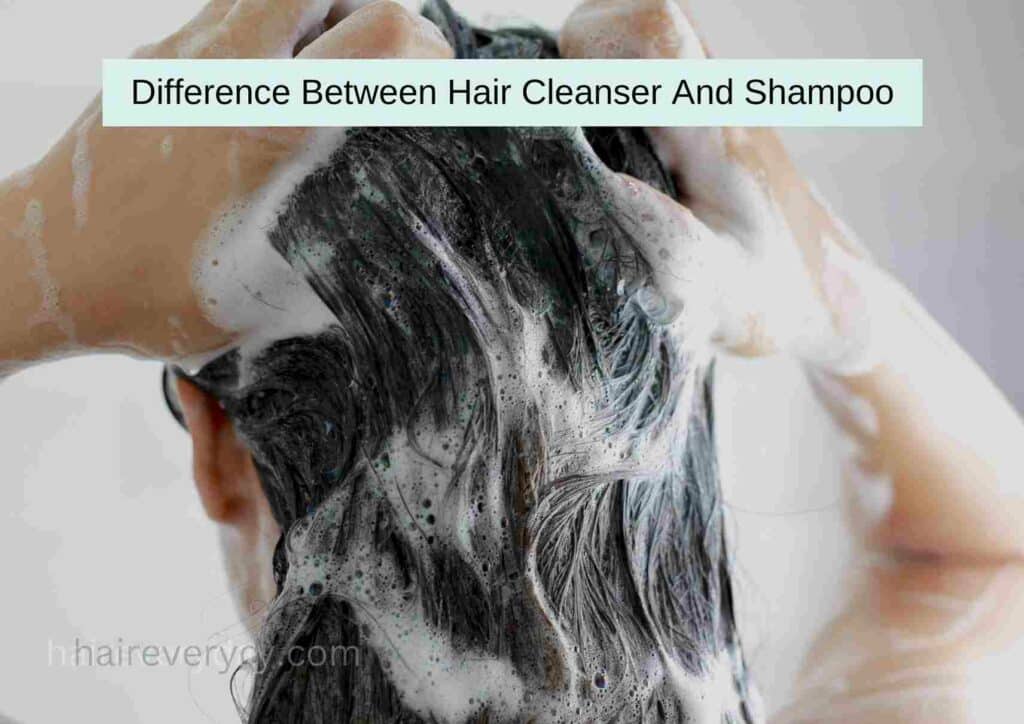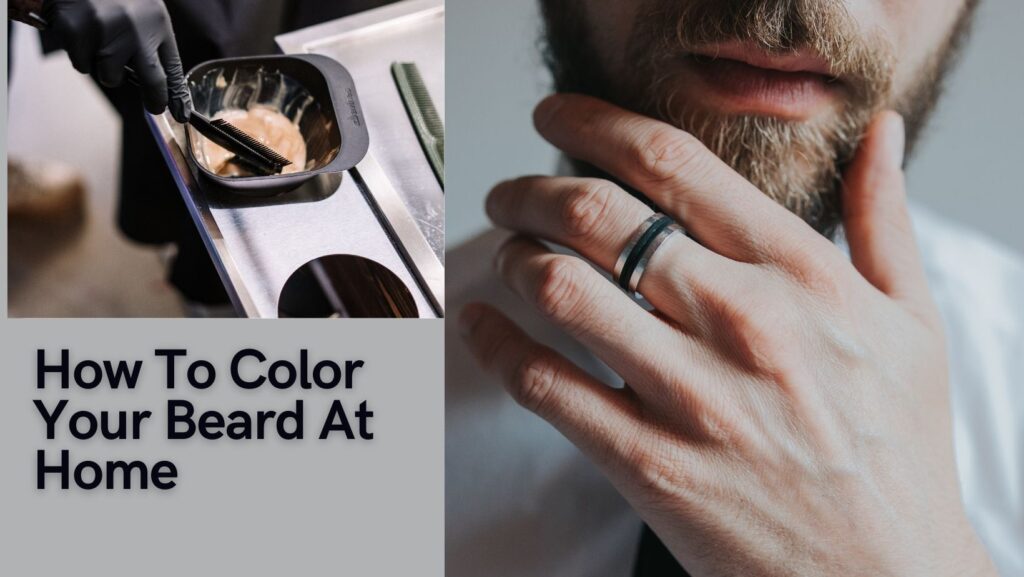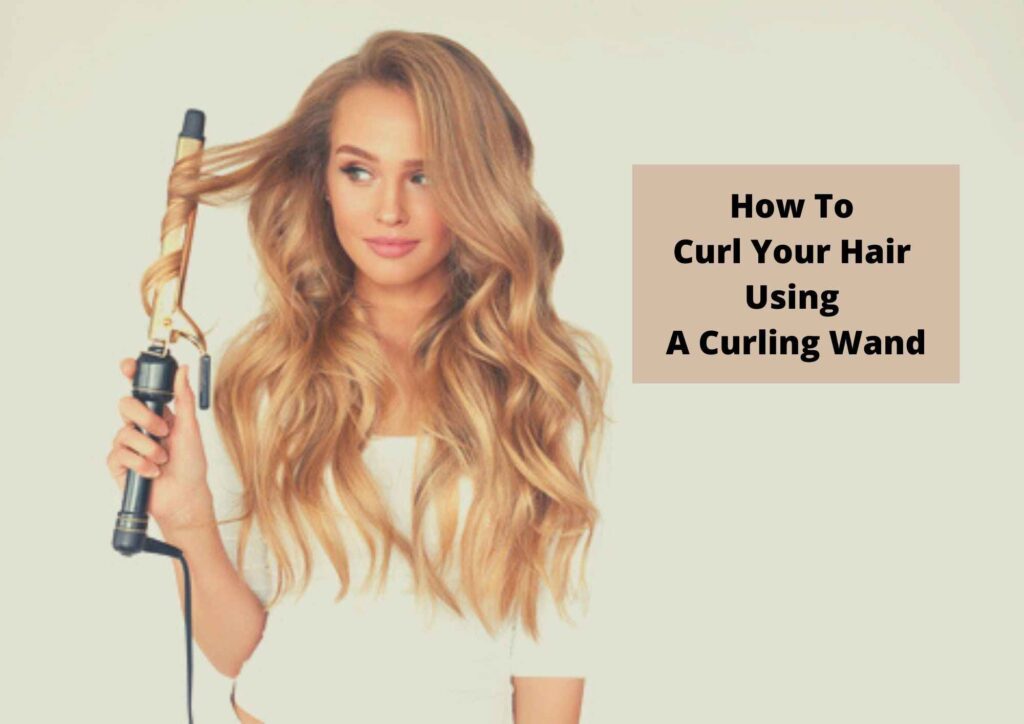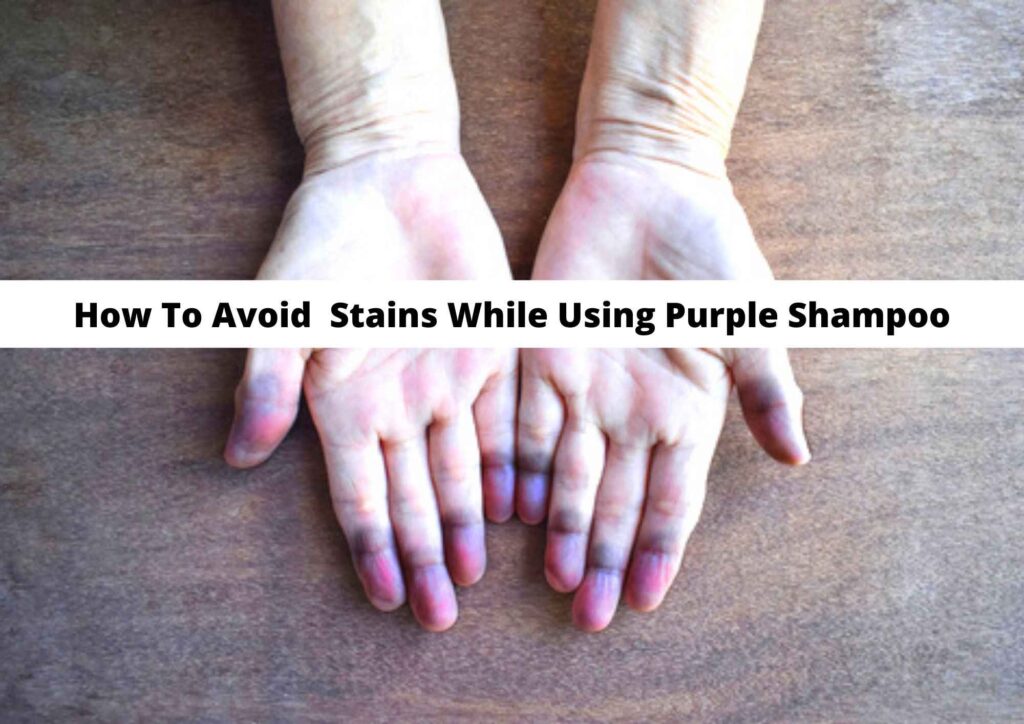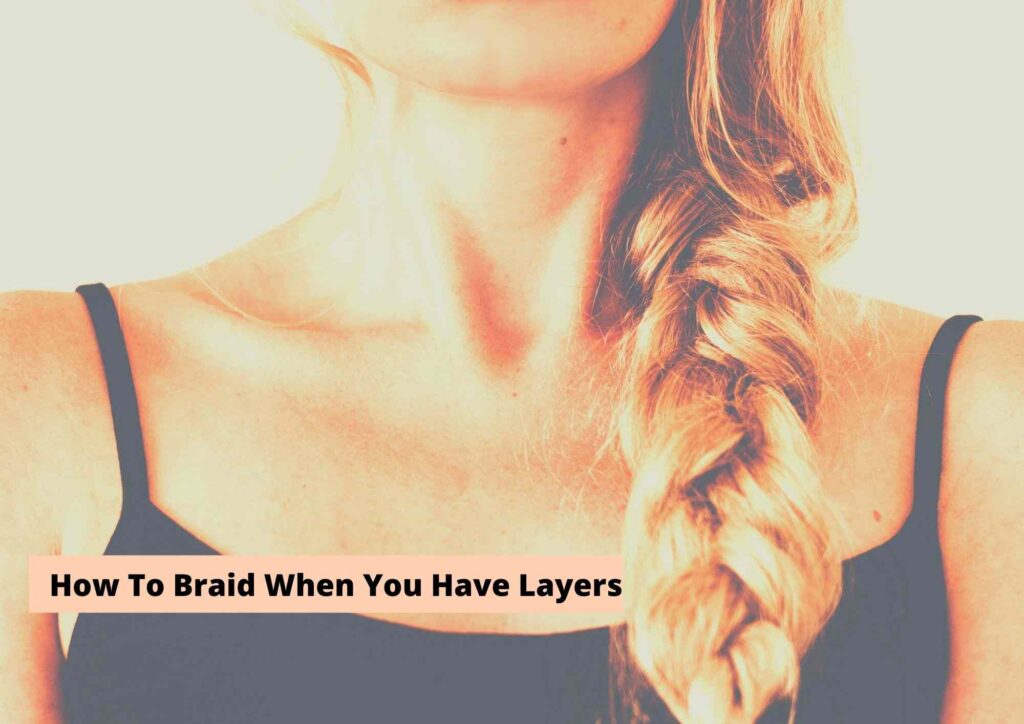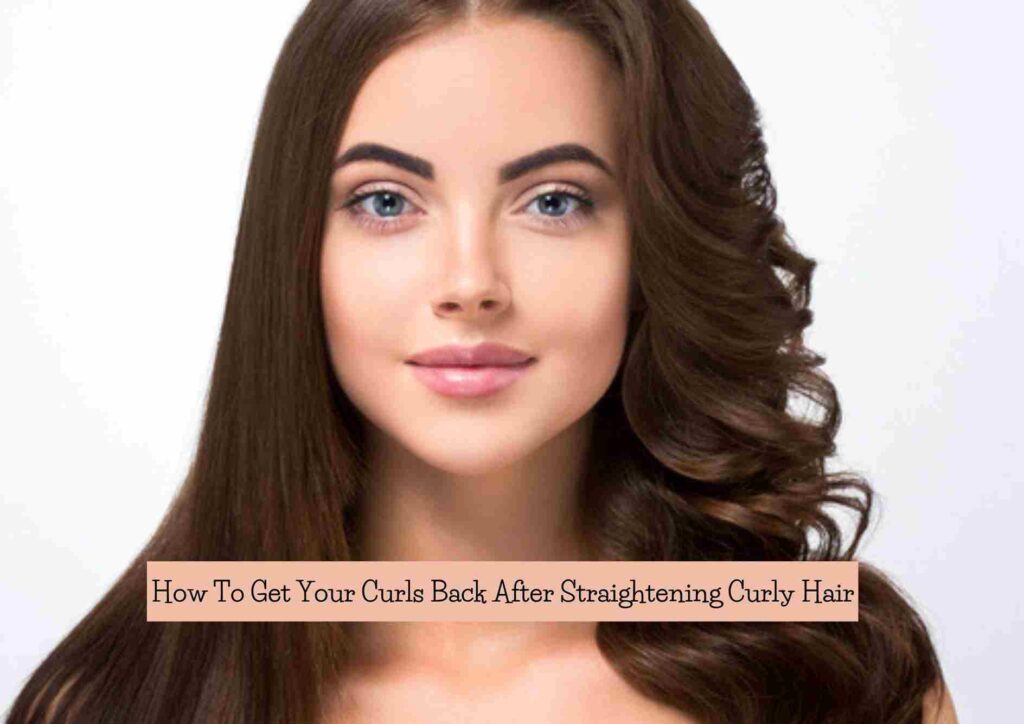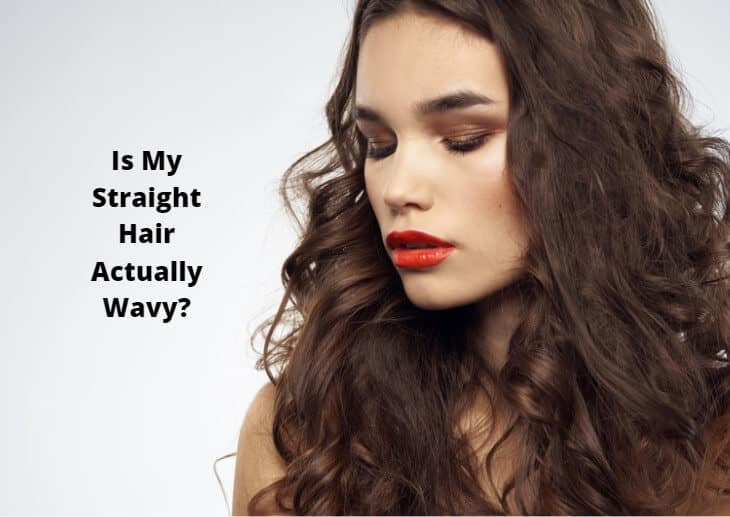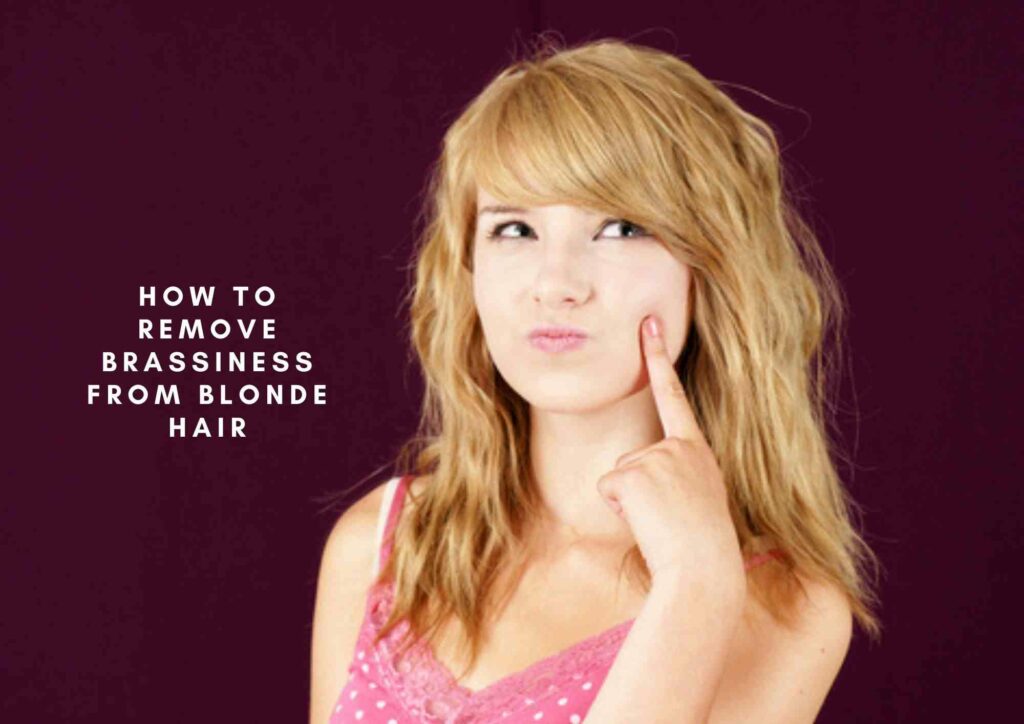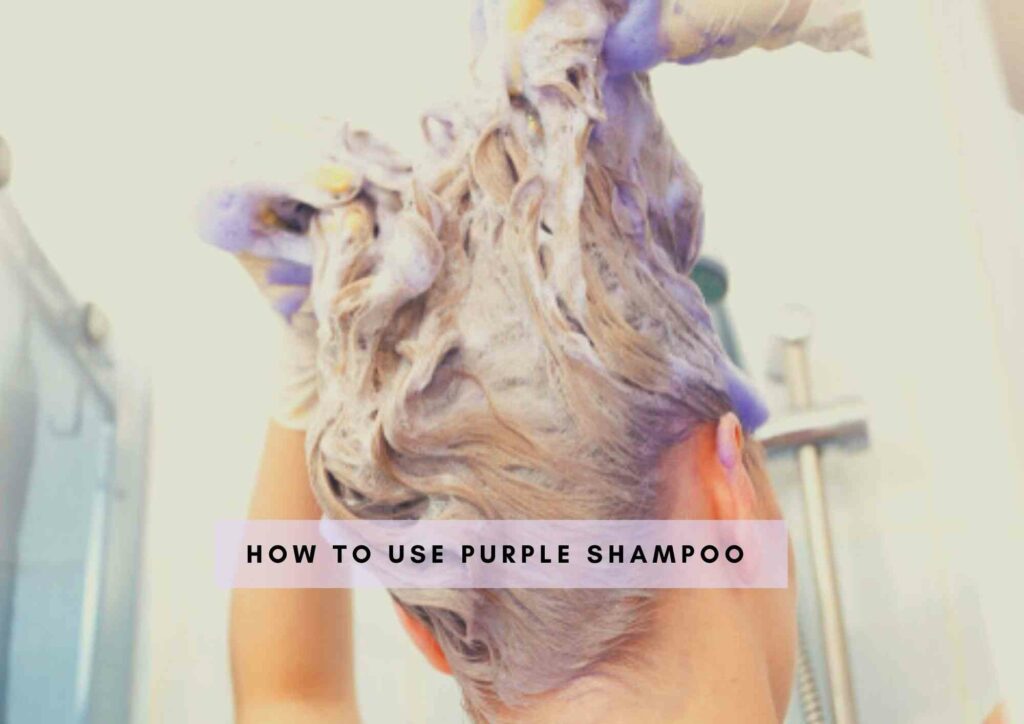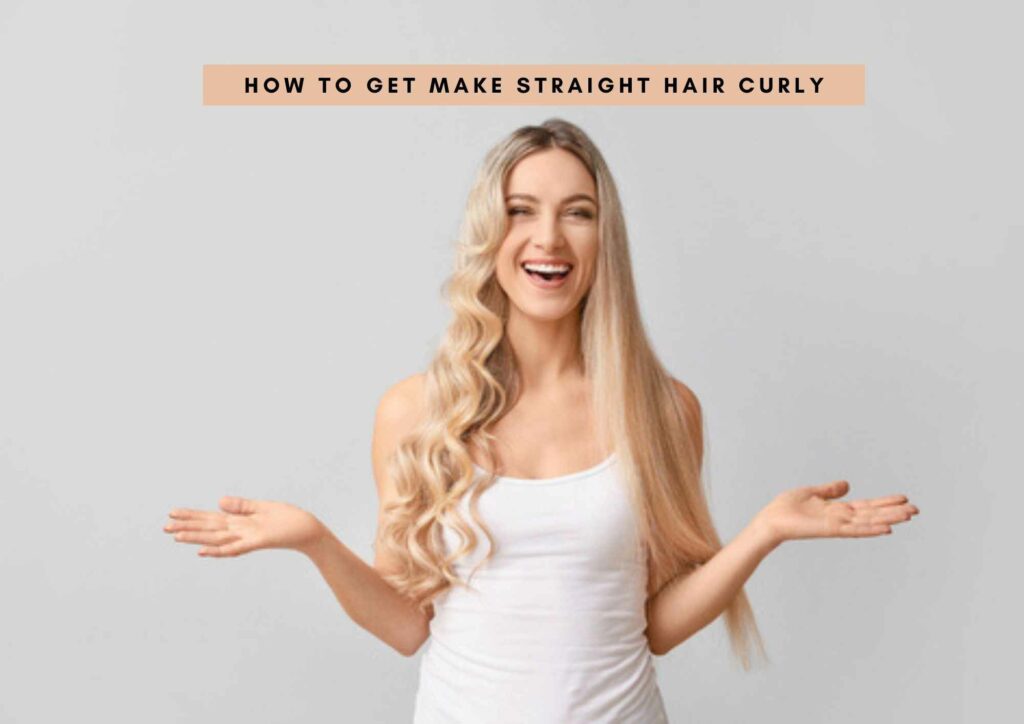“Confused about hair care products? Uncover the nuances in hair care with insights into the ‘Difference Between Hair Cleanser and Shampoo.’ Learn how these products vary in ingredients, usage, and benefits to make informed choices for your hair care routine.”
When it comes to hair care, one of the fundamental choices we make is between using a hair cleanser or a shampoo. Both products are designed to cleanse the hair and scalp, but they often have different formulations and purposes.
As someone who’s deeply invested in hair care and has experimented with various products over the years, I want to share my insights on the key differences between hair cleansers and shampoos.
So why not explore these differences in detail and address some common questions about their usage? Let’s dive right into it!
#Shampoo bars—hair cleanser in bar soap form—are the latest trend in hair care products – they’re easier on the #environment and great for travel. Here are five reasons to make the switch from bottle to bar. https://t.co/530Csgc178 pic.twitter.com/98F7aQUrdK
— Jeanette Scheepers (@JeanetteScheep1) September 28, 2019
Difference Between Hair Cleanser And Shampoo
Let’s start by dissecting the ten key differences between hair cleansers and shampoos:
1. Ingredients:
– Hair Cleanser: Hair cleansers typically contain mild cleansing agents and natural ingredients. They are formulated to be gentle on the hair and scalp.
– Shampoo: Shampoos often contain stronger cleansing agents, such as sulfates, which can strip the hair of its natural oils.
2. Cleansing Intensity:
– Hair Cleanser: Hair cleansers offer a milder cleanse and are ideal for regular use, especially for individuals with dry or sensitive scalps.
– Shampoo: Shampoos provide a deeper cleanse, making them suitable for removing product buildup and excess oil. They are typically used less frequently.
3. Moisturization:
– Hair Cleanser: Hair cleansers tend to be more moisturizing and can leave the hair feeling softer and smoother.
– Shampoo: Shampoos may leave the hair feeling cleaner but can also be more drying, especially if used too frequently.
4. Purpose:
– Hair Cleanser: The primary purpose of a hair cleanser is to clean the hair while maintaining its moisture balance.
– Shampoo: Shampoos are designed for a deeper cleanse and are often used to remove styling products, dirt, and excess oil.

5. Foaming Action:
– Hair Cleanser: Hair cleansers produce minimal lather as they contain fewer foaming agents.
– Shampoo: Shampoos typically create a rich lather due to the presence of foaming agents like sulfates.
6. Residue:
– Hair Cleanser: Hair cleansers are less likely to leave residue on the hair and scalp.
– Shampoo: Shampoos may leave behind a slight residue, which can be addressed by using a conditioner.

7. Hair Type Suitability:
– Hair Cleanser: Hair cleansers are suitable for most hair types, especially dry, damaged, or curly hair.
– Shampoo: Shampoos are better suited for oily hair and those who use a lot of styling products.
8. Frequency of Use:
– Hair Cleanser: Hair cleansers can be used more frequently, even daily.
– Shampoo: Shampoos are typically used two to three times a week to avoid over-cleansing.
9. Scent:
– Hair Cleanser: Hair cleansers often have milder scents, if any.
– Shampoo: Shampoos come in a variety of scents, from floral to fruity to herbal.
10. Price:
– Hair Cleanser: Hair cleansers can be more expensive than shampoos due to their milder formulations and natural ingredients.
– Shampoo: Shampoos are generally more affordable and widely available.
Now that we’ve outlined these differences, let’s address some common questions about hair cleansers and shampoos.

Is Hair Cleanser And Cleansing Conditioner The Same
Hair cleansers and cleansing conditioners are often used interchangeably, but they are not exactly the same. Here’s the distinction:
Hair Cleanser: A hair cleanser is a gentle, sulfate-free, and often natural-based product designed to cleanse the hair and scalp without stripping away too much moisture. It focuses on cleaning the hair while maintaining its natural oils.
Cleansing Conditioner: A cleansing conditioner is a conditioner that contains mild cleansing agents. It’s meant to provide both cleansing and conditioning in one step. Cleansing conditioners are particularly suitable for individuals with dry or curly hair, as they help retain moisture while cleansing.
While both hair cleansers and cleansing conditioners offer a milder alternative to traditional shampoos, they have different primary purposes. Hair cleansers are primarily focused on cleansing, while cleansing conditioners aim to cleanse and condition simultaneously.
Can We Use Hair Cleanser Instead Of Shampoo
Yes, you can use a hair cleanser instead of shampoo, but it depends on your hair type and specific needs. Here’s when using a hair cleanser might be a suitable alternative to shampoo:
1. Dry or Sensitive Scalp: If you have a dry or sensitive scalp, using a hair cleanser can be a gentler option. It cleanses the hair and scalp without overly stripping natural oils, which can help alleviate dryness and irritation.
2. Curly or Coily Hair: Curly and coily hair types tend to be drier and benefit from products that retain moisture. Hair cleansers can be a good choice for cleansing curly hair while maintaining its natural moisture balance.
3. Frequent Washing: If you prefer or need to wash your hair frequently, using a hair cleanser can be a more suitable option than daily shampooing. Hair cleansers are often milder and less likely to cause over-drying with frequent use.
4. Natural Ingredients: If you prefer products with natural ingredients and want to avoid sulfates and harsh chemicals, a hair cleanser might align better with your preferences.
However, if you have oily hair or use a lot of styling products that can lead to product buildup, occasional use of a clarifying shampoo may still be necessary to thoroughly cleanse your hair and scalp.
How To Use A Hair Cleanser
Using a hair cleanser is relatively straightforward. Here are the general steps to follow:
1. Wet Your Hair: Start by thoroughly wetting your hair in the shower. This helps the hair cleanser to distribute more evenly.
2. Apply the Hair Cleanser: Pour a small amount of the hair cleanser into your hand and distribute it evenly through your hair, focusing on the scalp and roots.
3. Massage In: Gently massage the hair cleanser into your scalp using your fingertips. This helps to break up dirt and oil.
4. Rinse: Rinse your hair thoroughly with warm water until the cleanser is completely washed out.
5. Repeat if Necessary: Depending on your hair type and how much product buildup you have, you may need to repeat the cleansing process.
6. Condition (Optional): You can follow up with a conditioner if your hair feels dry or if you prefer extra conditioning. However, with hair cleansers, conditioning is often not as essential as with shampoos.
7. Style as Usual: After rinsing, you can proceed with your regular styling routine.
Remember to follow the specific instructions on the product you’re using, as formulations may vary. It’s also a good practice to perform a patch test if you’re trying a new hair cleanser to ensure you don’t have any adverse reactions.
Should I Use Hair Cleanser Or Shampoo Regularly For Oily Hair
If you have oily hair, the choice between a hair cleanser and shampoo depends on your specific needs and preferences:
Using a Hair Cleanser: Hair cleansers can be suitable for oily hair if they are formulated to effectively remove excess oil and product buildup. Look for hair cleansers designed for oily hair types. Using a hair cleanser regularly can help balance oil production without over-drying the scalp.
Using Shampoo: Shampoos are typically recommended for oily hair because they contain stronger cleansing agents that can remove excess oil more effectively. However, it’s important not to overuse shampoo, as this can strip the scalp of essential oils and potentially lead to rebound oiliness.
Balancing Act: The key is to find a balance that works for your hair. You might choose to use a hair cleanser most of the time and a shampoo occasionally to remove stubborn oil or product buildup. Pay attention to how your hair responds and adjust your routine accordingly.
Remember that using the right products is only part of managing oily hair. Other factors, such as your diet, hormonal changes, and overall hair care routine, can also influence oil production.
Should I Use Hair Cleanser Or Shampoo For Natural, 4c Hair Texture
4c hair is known for its tightly coiled, kinky texture, and it often requires specific care. Here’s what to consider when deciding between a hair cleanser and shampoo for 4c hair:
Using a Hair Cleanser for 4c Hair:
– Hair cleansers can be a good choice for 4c hair because they tend to be milder and more moisturizing. They can help maintain the hair’s natural moisture balance, which is crucial for preventing dryness and breakage.
Using Shampoo for 4c Hair:
– Shampoos can still be used for 4c hair, but it’s important to choose a sulfate-free, moisturizing shampoo. These shampoos can provide a deep cleanse without overly stripping the hair of moisture.
Frequency Matters:
– Regardless of whether you choose a hair cleanser or shampoo, the frequency of use is essential for 4c hair. Over-cleansing can lead to dryness and breakage, so it’s often recommended to wash 4c hair once a week or as needed.
Conditioning is Key:
– Regardless of your choice, follow up with a good-quality conditioner or deep conditioner to ensure your 4c hair remains hydrated and manageable.
Ultimately, the choice between a hair cleanser and shampoo for 4c hair depends on how your hair responds to each product. It’s a good idea to try both and see which one works better for your specific texture and needs.

Can I Use A Clarifying Shampoo Instead Of Hair Cleanser: Are These Two The Same
Clarifying shampoos and hair cleansers are not the same, but they serve somewhat overlapping purposes. Let’s clarify the distinction:
Hair Cleanser: A hair cleanser is a milder, often sulfate-free product designed to cleanse the hair while maintaining its natural moisture balance. It’s ideal for regular use, especially for individuals with dry or sensitive scalps.
Clarifying Shampoo: A clarifying shampoo is a stronger, more intensive cleanser designed to remove product buildup, excess oil, and mineral deposits from hard water. It’s not intended for daily use and is typically used occasionally (once a month or as needed) to deep-clean the hair and scalp.
While both products cleanse the hair, a hair cleanser focuses on regular, gentle cleansing, while a clarifying shampoo is meant for occasional deep-cleansing and removing stubborn buildup. Using a clarifying shampoo too frequently can be drying and may strip the hair of essential oils, so it’s essential to use it sparingly.
In conclusion, the choice between a hair cleanser and shampoo depends on your hair type, specific needs, and personal preferences.
Understanding the differences between these products and when to use each one can help you achieve the best results for your hair and scalp health.
Remember that the right product can make a significant difference in your hair care routine, so experiment and find what works best for you.
Why You Should Trust Haireveryday?
The author of this article, Leah Marie Priest has a degree in Cosmetology with years of experience in dealing with hair care, scalp care, and hairstyling. As someone who extensively deals with all kinds of hair textures, products, styling methods and more, hair Leah Marie knows what kind of products and procedures suit each hair type and person. We have also tested these hair products and processes ourselves to provide you an unbiased review about every product. Each of our articles are also reviewed by a team of medical professionals so that you get the most accurate and expert-reviewed information.
Also Read:
Important Differences Between Hair Blend and Human Hair
Difference Between Hair Rebonding And Hair Straightening
To Summarize

